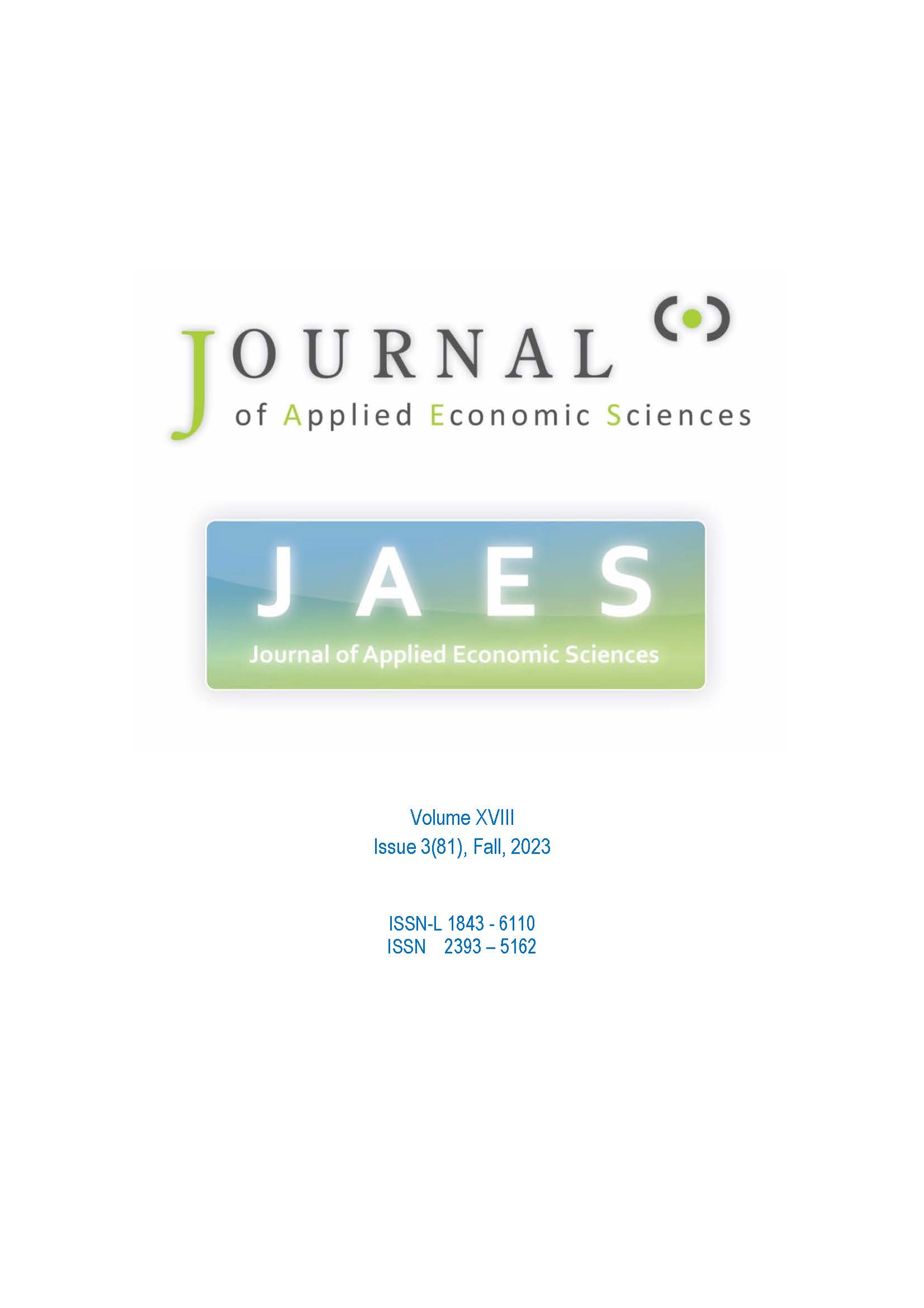Numerical Simulations of How Economic Inequality Increases in Democratic Countries
Numerical Simulations of How Economic Inequality Increases in Democratic Countries
Author(s): Taiji HarashimaSubject(s): Economy, Supranational / Global Economy, Business Economy / Management
Published by: ASERS Publishing
Keywords: democracy; economic rent; economic inequality; government transfer; heterogeneity; simulation;
Summary/Abstract: It is not easy to perform a numerical simulation of the path to a steady state in dynamic economic growth models in which households behave by generating rational expectations. It is much easier, however, if households are assumed to behave according to a procedure based on the maximum degree of comfortability (MDC), where MDC indicates the state at which a household feels most comfortable with its combination of income and assets. In this paper, I simulate how economic inequality increases in democratic countries under the supposition that households behave according to the MDC-based procedure. The results indicate that high levels of economic inequality can be generated and even increase in a democracy. As causes, I postulate households’ misunderstandings of the economic situation, a government against certain groups in the economy, or an upward trend in temporary rent incomes. I then present a criterion for establishing the socially acceptable level of economic inequality and point out a practical shortfall arising from the inability to distinguish temporary economic rents.
Journal: Journal of Applied Economic Sciences (JAES)
- Issue Year: XVIII/2023
- Issue No: 3(81)
- Page Range: 221-246
- Page Count: 26
- Language: English

